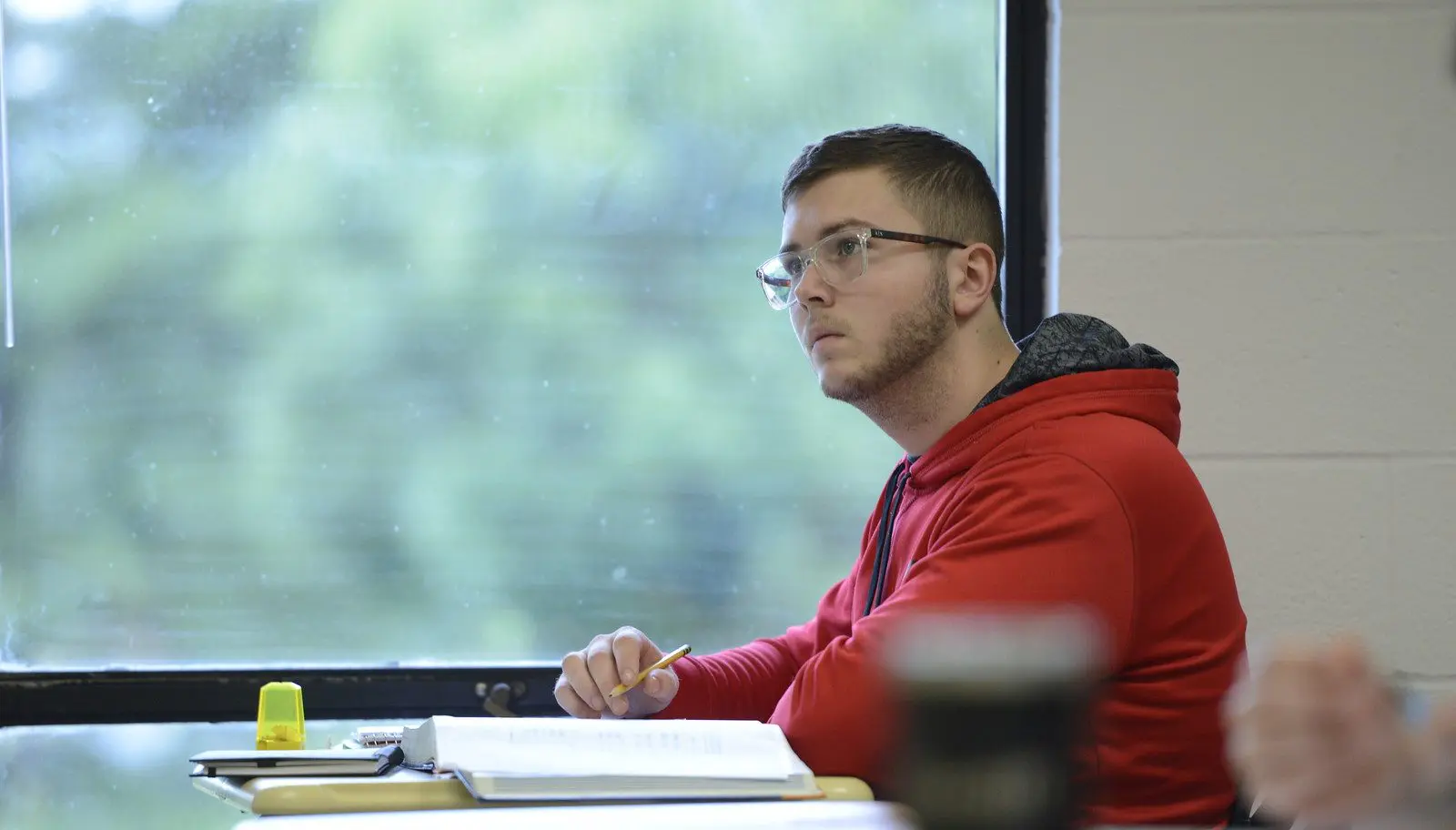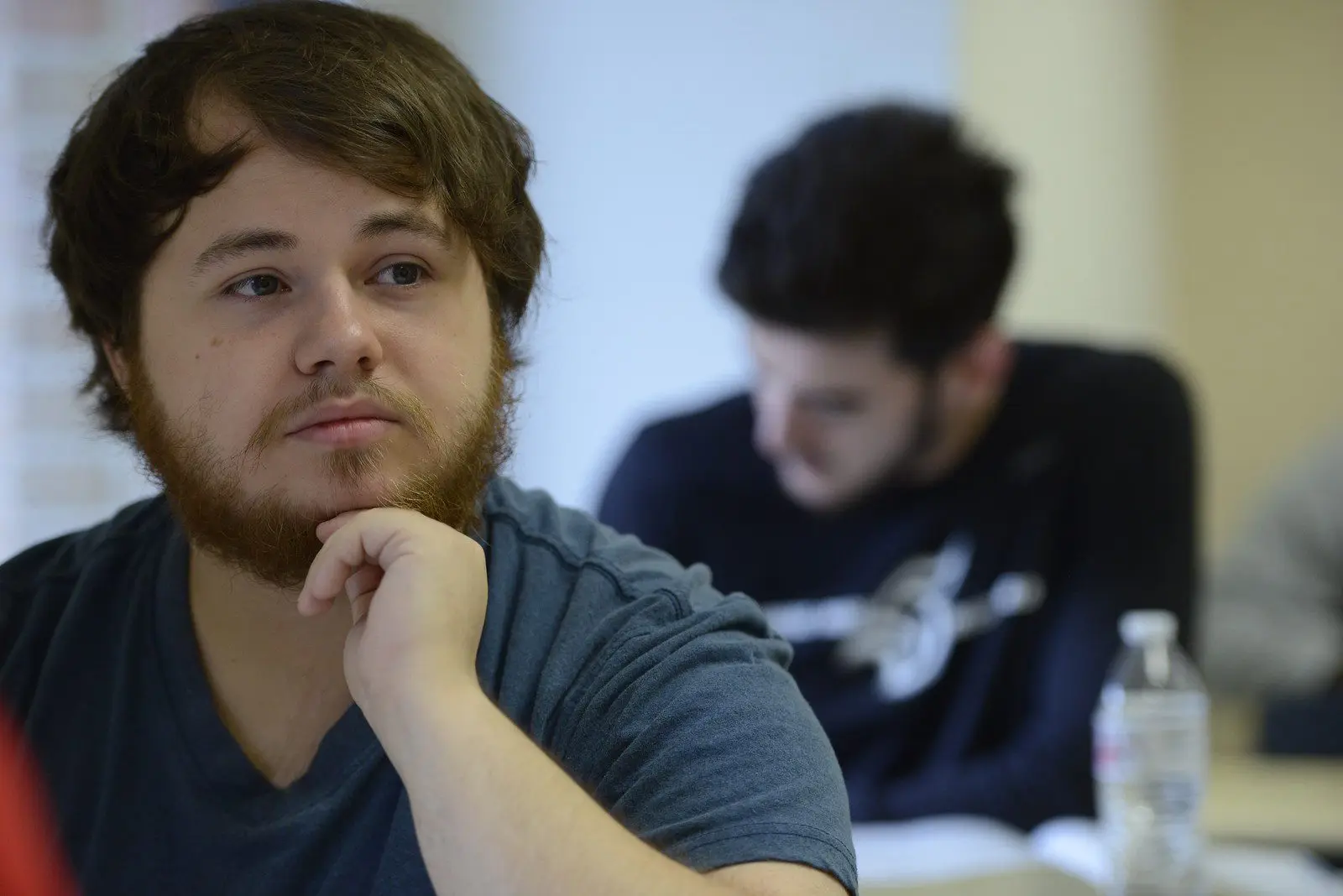
Philosophy
Major/Minor

“The unexamined life is not worth living” is Plato’s famous answer to the importance of studying philosophy. Philosophy spans across time and subject. Philosophers ask all manner of curious questions: What exists? How can we know? What is beauty? How should we act? And yet, we question those answers. What are you curious about?
Philosophy holds a special place, second only to theology, in the Catholic intellectual tradition because of its commitment to exploring the ultimate meaning of life, the place of the human person in relation to all other reality, and the responsibility that each person has toward others. A foundation in philosophy helps people approach their career, or any aspect of their life, in a more reflective way. It can serve students well as a chosen major or as an additional field of study.
